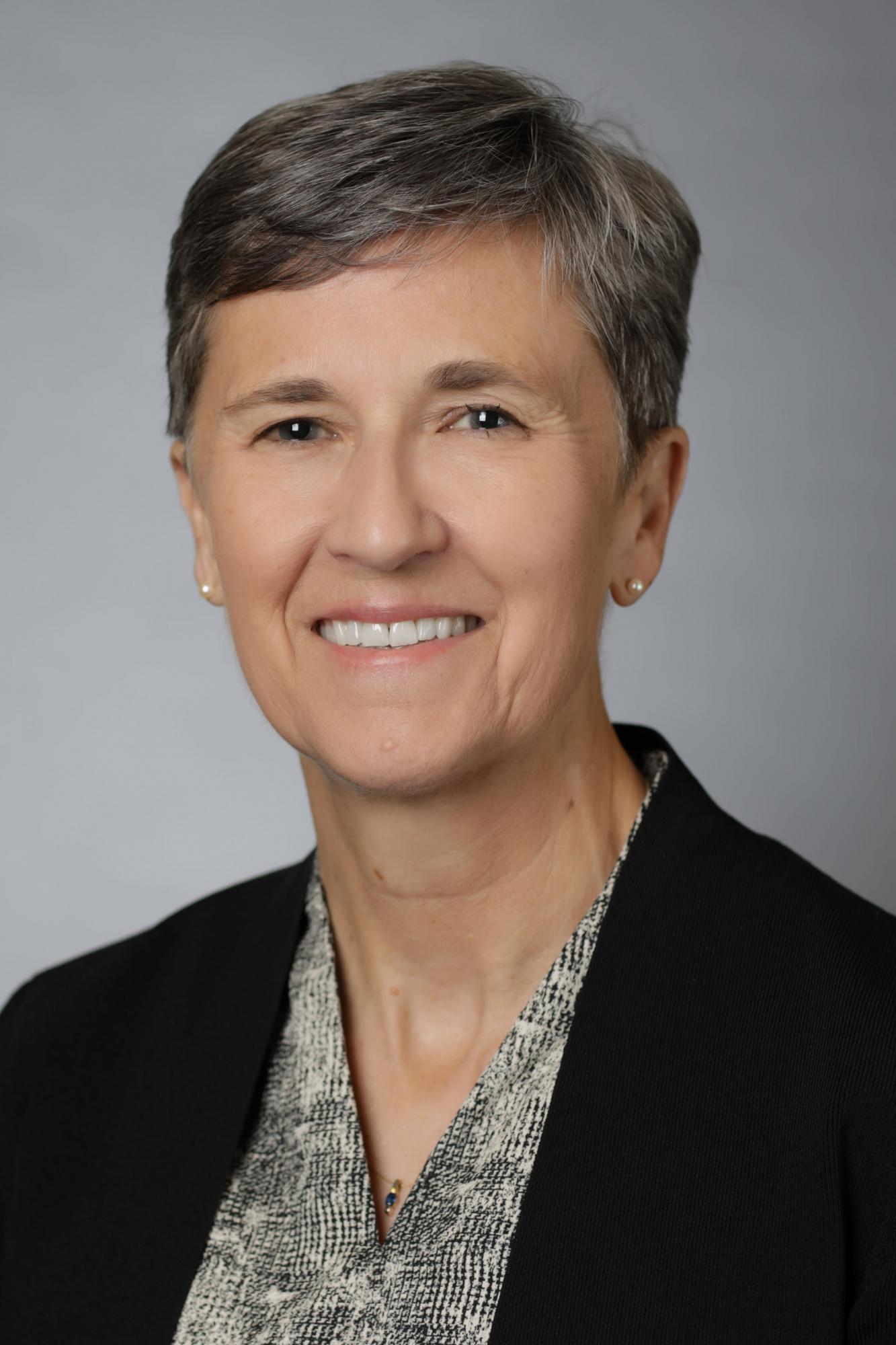
Carolynn Patten*
Professor
College/School/Department: School of Medicine, Department of Physical Medicine & Rehabilitation
Additional Appointments: Director, Biomechanics, Rehabilitation and Integrative Neuroscience (BRAIN) Lab
*Denotes first generation faculty member
What made you choose Davis?
Many things. A few years ago I attended a summer school at the Center for Mind and Brain and was pleasantly surprised by the entire experience. Beforehand, I had not had many opportunities to be on the campus so thought of UC Davis primarily as an “ag” school. But as I looked deeper, I recognized UC Davis’ strengths in biological sciences, neuroscience, biomedical engineering and medicine. It offers all the key resources of an R1 university and medical school with an ideal location in Northern California. Then there’s the biking in Davis … . Mostly I find the people at UC Davis are highly engaged, committed to outstanding work and refreshingly collaborative.
What inspires you?
Creativity. Commitment. Intelligence. Nature.
What research are you currently working on? What makes it unique?
We are working to develop prognostic indicators of motor recovery following stroke. There’s a great deal of variability associated with stroke, not only in the obvious manifestations of stroke but the course of recovery following stroke. Among key challenges in our field is that the capacity for recovery in the adult nervous system is still not well understood. We view these individual differences as an opportunity to identify key factors and elucidate how they contribute to or impede recovery of function. What makes our work unique is that, rather than global outcomes, we study neural control mechanisms during movement and seek to understand how these change during recovery.
If you could impart one piece of advice to our undergraduates seeking a course of study/career path, what would it be?
Your course of study and career path need not be synonymous. There is value in education, regardless. Especially as an undergraduate, take the opportunity to explore and consider areas that interest you even if they might not lead directly to a job. You will be richer for the experience, and perhaps even more interesting when you do identify your career path!
When not in the classroom or conducting research, what do you like to do?
Bike, run, hike. Be active, outdoors, in nature. I also enjoy the fine and lively arts, particularly classical music and dance. I am soon to be reunited with the piano that was in my childhood home and am looking forward to once again being an active musician.
Have you found your favorite spot on campus yet?
So far, the arboretum.
If you could have one superpower, what would it be and why?
Flight. Variations: teleportation, apparate (nod to wizardry powers of Harry Potter, et al). I really dislike driving, and parking, and I chronically run late. It would be brilliant if I could transition between places at will.
Are you the first generation in your family to complete university?
Yes, I am first generation. Interestingly, when I was an undergraduate, we did not make a distinction or draw attention to being first gen. The goal was to fit in, so we did not speak of it. At all. While higher education was unquestionably important in my family, other than getting us there, my parents didn’t know how to help. It was very lonely. I had no role models and didn’t know how, or that it was OK, to ask for help. Perhaps as a result, my path through university, and beyond, was not direct. Although in the end I might be the better for that. That experience helps me see my current students for who they are, how they got here, and inspires me to work with them to identify their unique path forward.